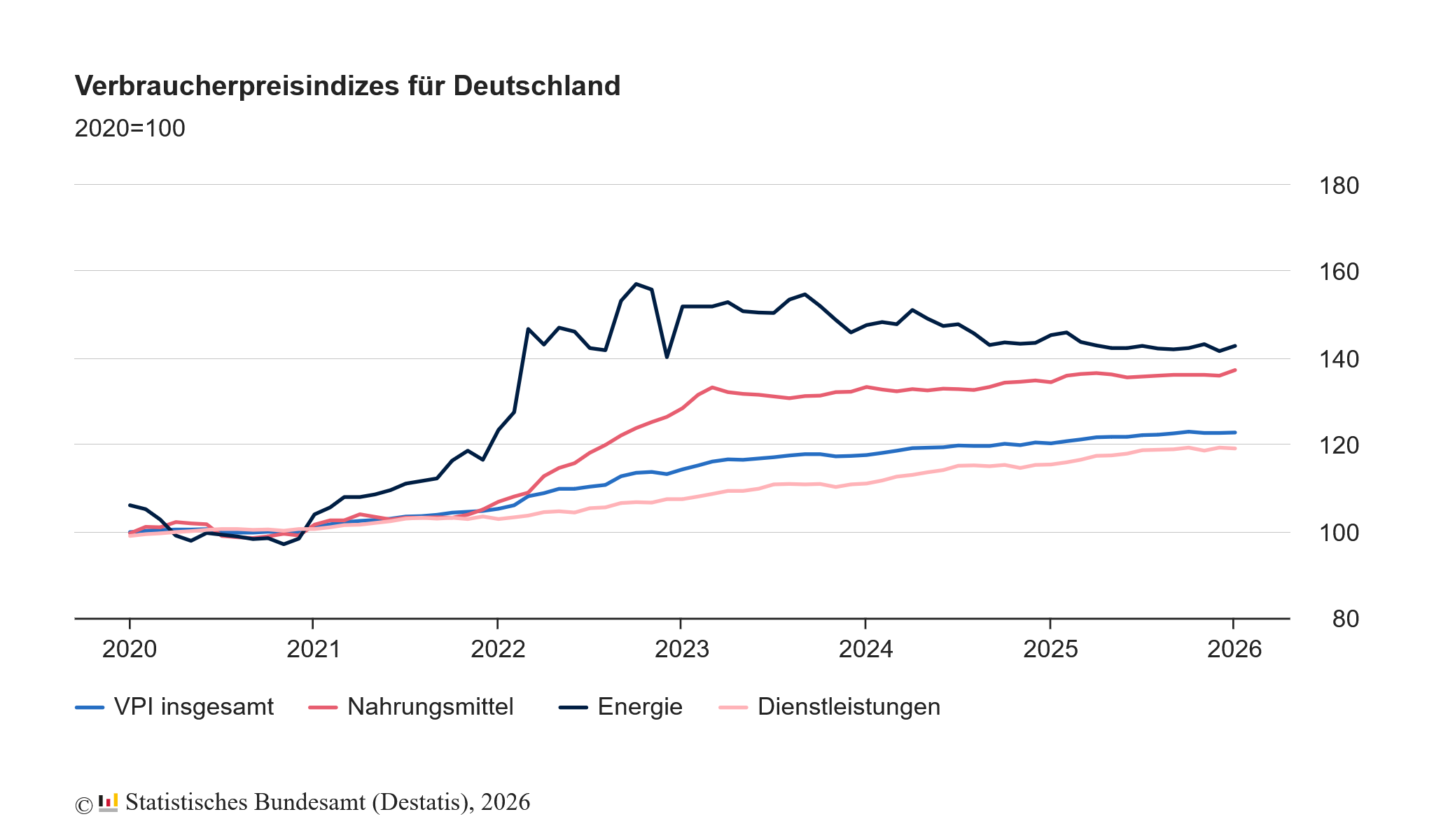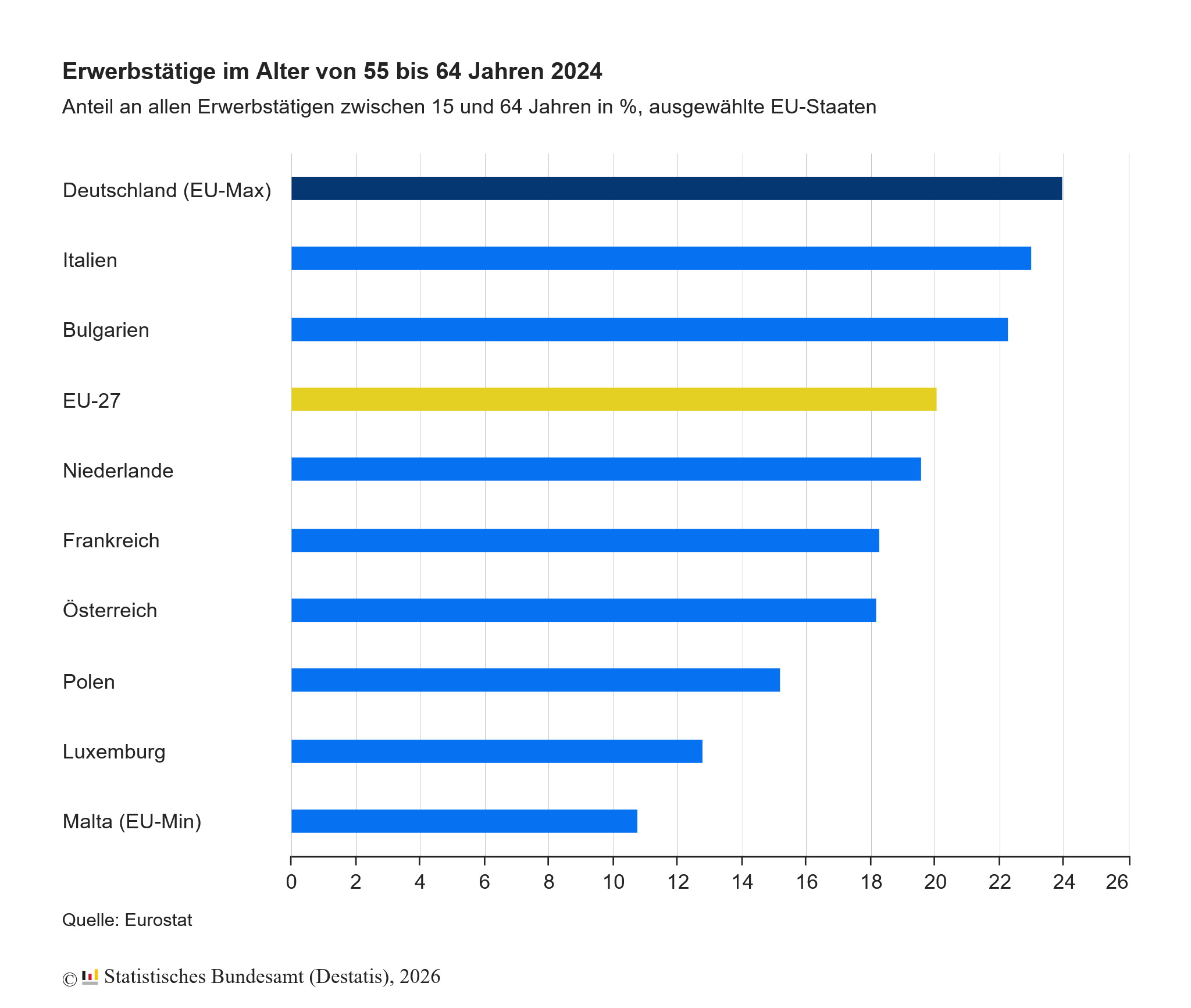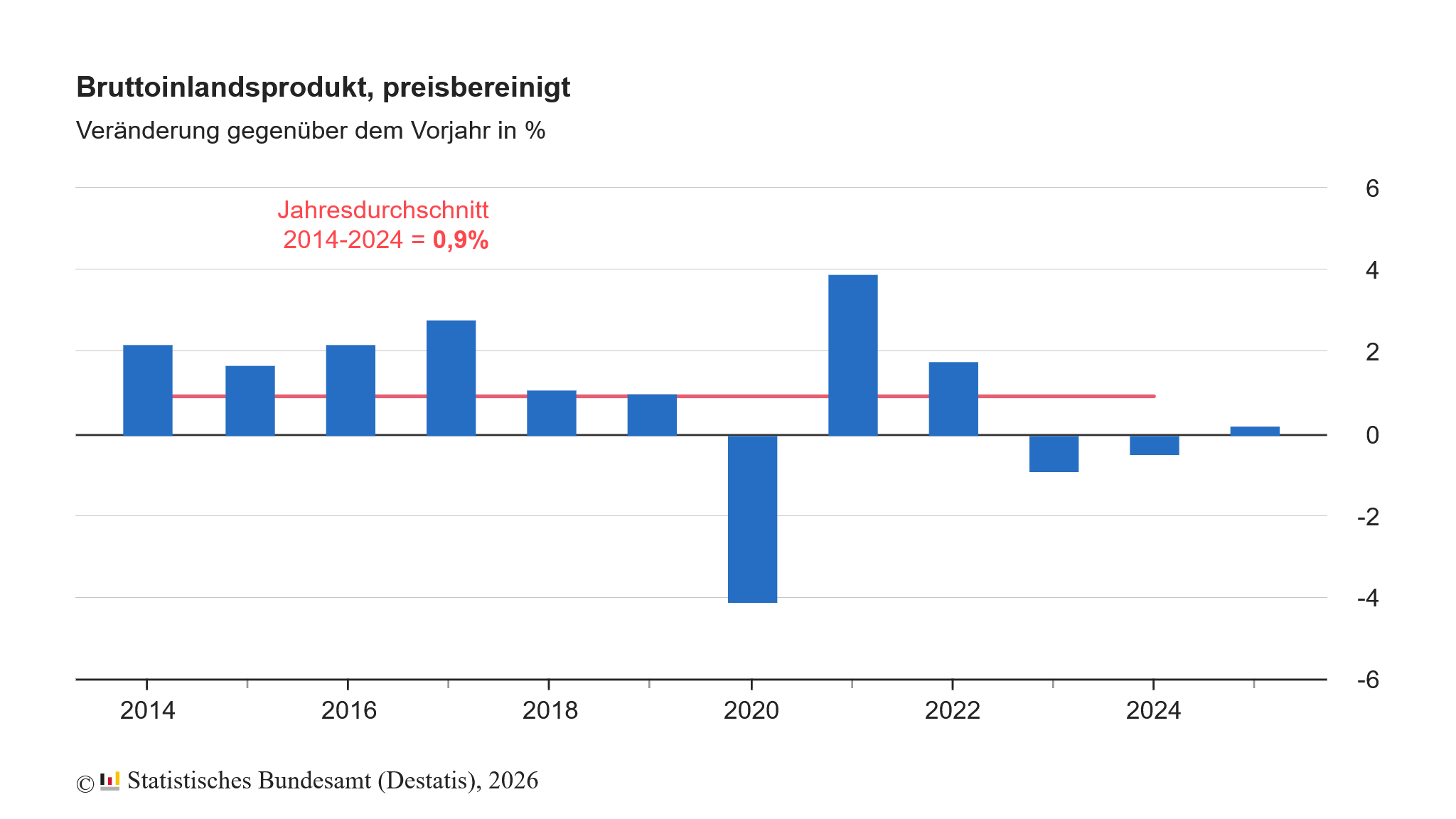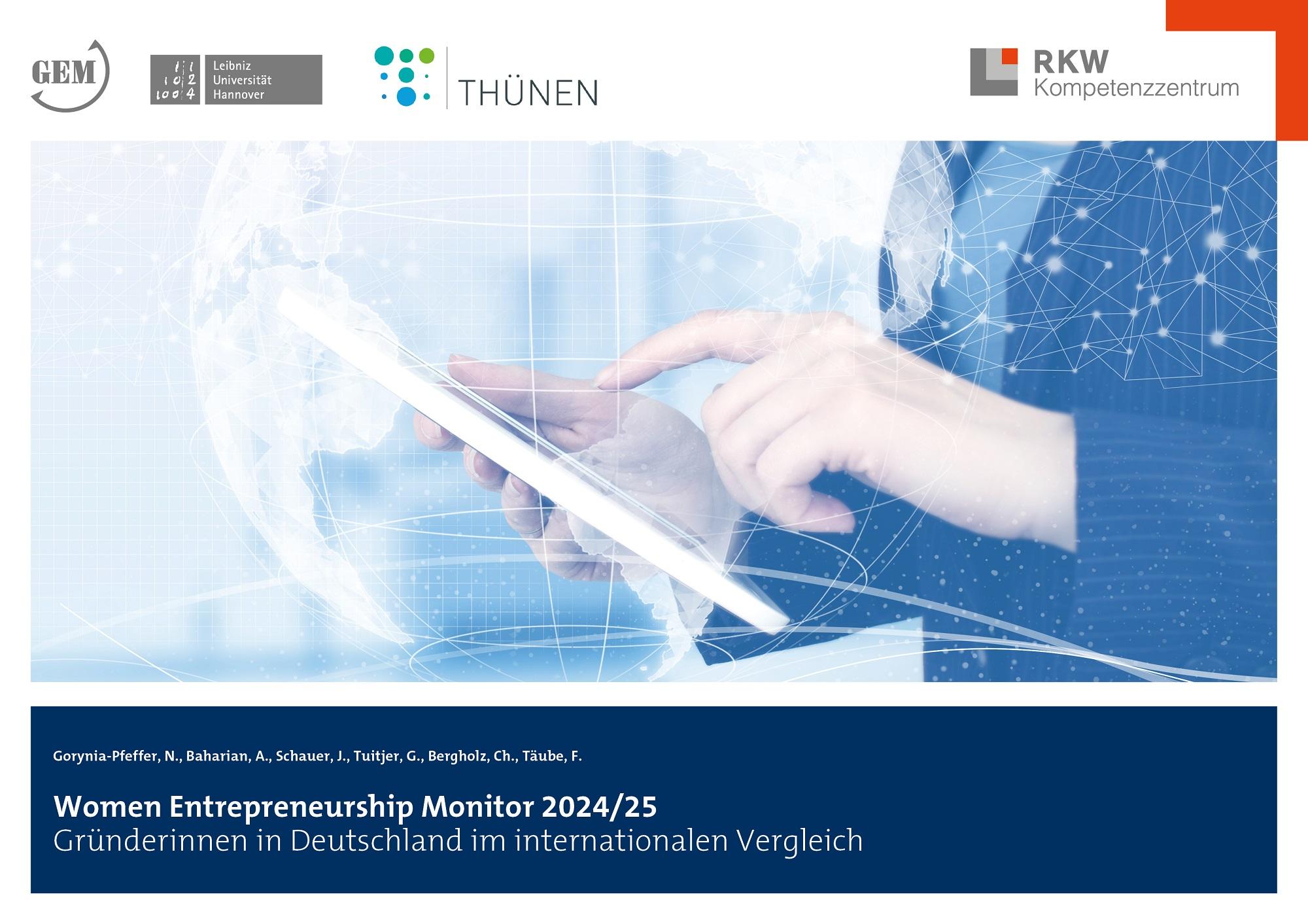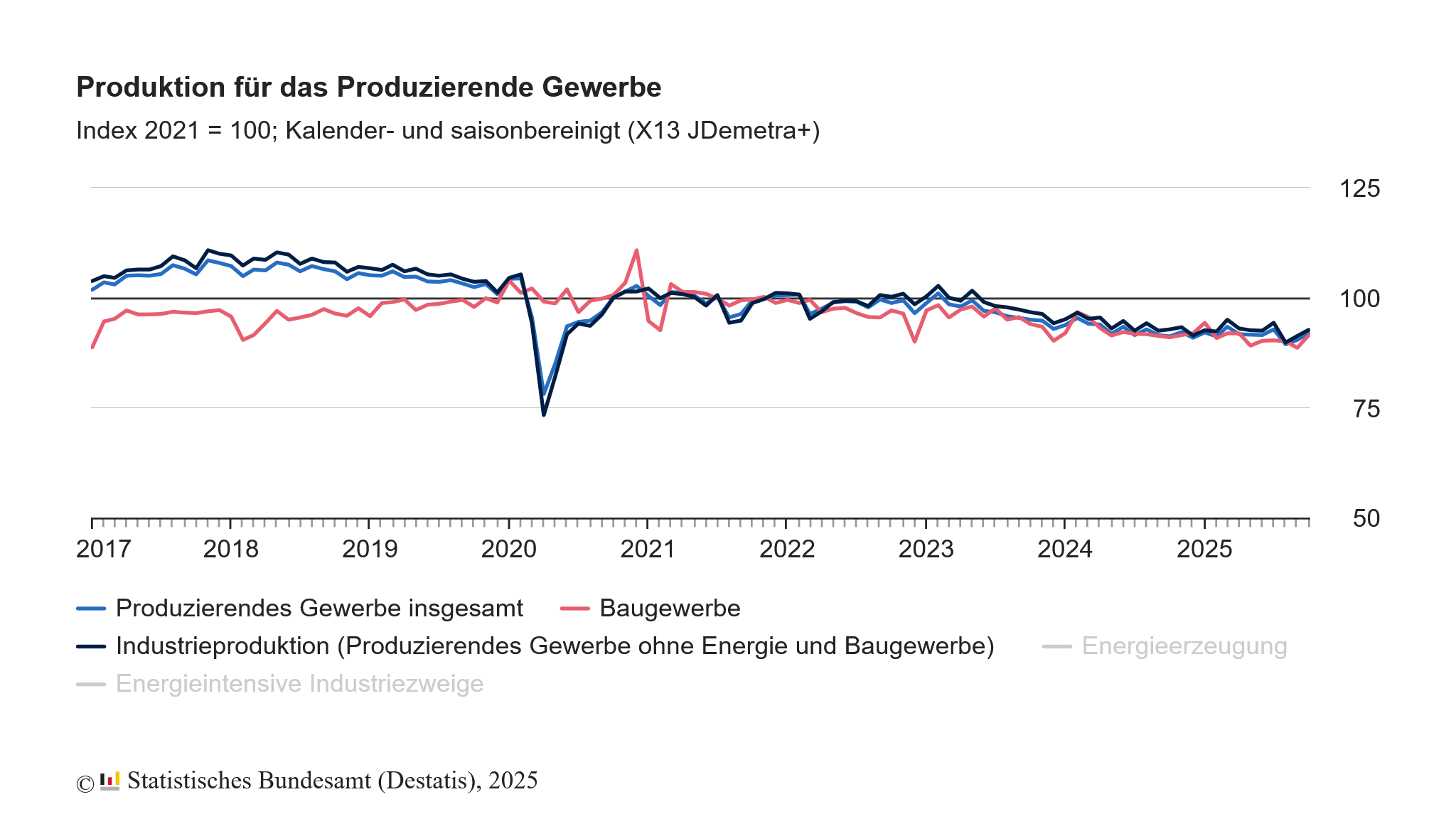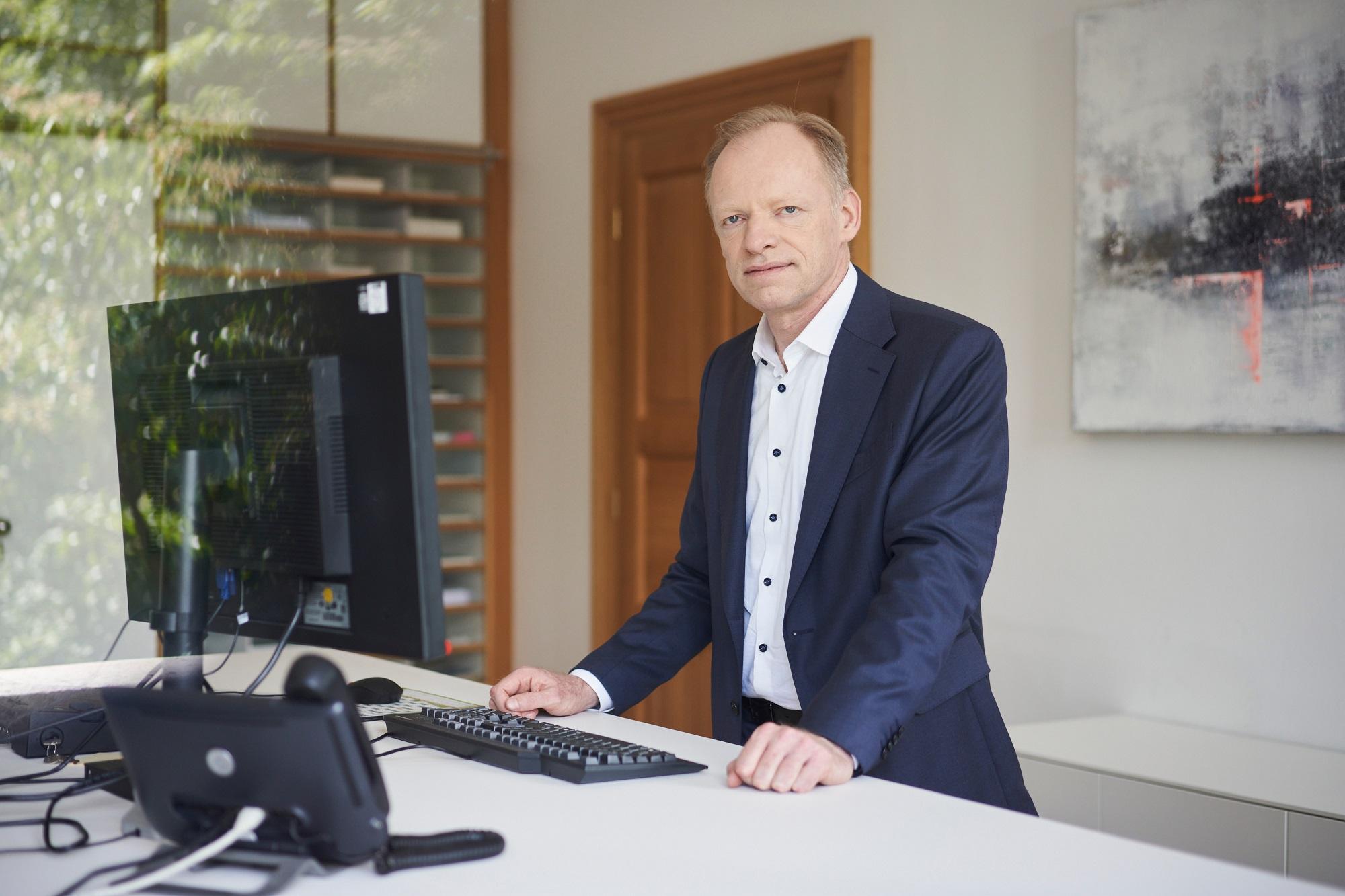Automotive industry records biggest job cuts in more than a decade

German industry is still undergoing structural change, with a significant impact on the labor market. The decline is particularly noticeable in the automotive industry, as the latest figures from the Federal Statistical Office (Destatis) show. At the end of the 3rd quarter of 2025, around 48,700 fewer people were working in this sector than a year earlier. This corresponds to a drop of 6.3%, the sharpest decline among the major industrial sectors.
Number of employees falls to lowest level since 2011
With a total of 721,400 employees, the sector reached its lowest level since the second quarter of 2011. Despite the significant decline, it remains the second-largest industrial sector in Germany after mechanical engineering.
Overall, the number of people employed in manufacturing fell by 120,300 year-on-year to around 5.43 million, which corresponds to a drop of 2.2 percent.
Suppliers hit particularly hard
Within the automotive industry, there are major differences between manufacturers and suppliers. While manufacturers of cars and engines recorded a decline of 3.8 percent to 446,800 employees, the losses among suppliers were significantly higher.
- Manufacture of car bodies, superstructures and trailers: -4.0% to 39,200 employees
- Manufacture of parts and accessories for motor vehicles: -11.1% to just under 235,400 employees most recently
Other supplier-related sectors, such as tire manufacturers or retreading companies, were not included in the survey.
Broad decline in employment in many industrial sectors
The development is not limited to the automotive sector. Other large industrial sectors also reported significant declines:
- Metal production and processing: -5.4% to 215,400
- Manufacture of data processing equipment, electronic and optical products: -3.0% to 310,300
- Plastics industry: -2.6% to 321,400
- Manufacture of metal products: -2.5% to 491,500
In mechanical engineering, the largest industrial sector, the number of employees also fell by 2.2% to around 934,200.
Exception: the food industry is growing
The food industry presents a contrasting picture. It was the only major industrial sector to increase employment. The number of employees rose by 8,800, an increase of 1.8%, to a total of 510,500 employees at the end of the third quarter of 2025.
Classification Challenges in transformation industries
The particularly sharp decline in the automotive sector illustrates the structural changes that are being intensified by electrification, digitalization, international competition and supply chain adjustments. For the supplier industry, many of which specialize in combustion technology, the pressure to adapt remains high.
At the same time, the figures show that the decline in employment extends across several branches of industry. Southern Germany is particularly hard hit by the current changes in the automotive industry. In addition to external challenges, such as the rapid technological transformation towards electromobility and digital manufacturing processes, the industry itself is contributing to the problems by delaying adjustments. Many manufacturers have been slow to react to e-mobility - Daimler, for example, still held a 10% stake in Tesla a few years ago - and the necessary decisions and conversions have been slow. Nevertheless, the industry should not be written off: Once the "tanker" moves, it can still play a significant role.
Another structural problem lies in the political and bureaucratic landscape. High non-wage labor costs, rampant bureaucracy and strict regulations, such as the Working Hours Protection Act, make it difficult for top performers to develop. Those who really want to make a difference often only find limited opportunities as an employee - the path to self-employment, on the other hand, is made more difficult by a complex web of requirements and regulations. Without a rethink by all those involved and a stronger focus on performance and efficiency, there is not only a risk of job losses, but also the migration of know-how and the weakening of the entire automotive industry in the region in the medium term.

Newsletter
Startups, stories and stats from the German startup ecosystem straight to your inbox. Subscribe with 2 clicks. Noice.
LinkedIn ConnectFYI: English edition available
Hello my friend, have you been stranded on the German edition of Startbase? At least your browser tells us, that you do not speak German - so maybe you would like to switch to the English edition instead?
FYI: Deutsche Edition verfügbar
Hallo mein Freund, du befindest dich auf der Englischen Edition der Startbase und laut deinem Browser sprichst du eigentlich auch Deutsch. Magst du die Sprache wechseln?
